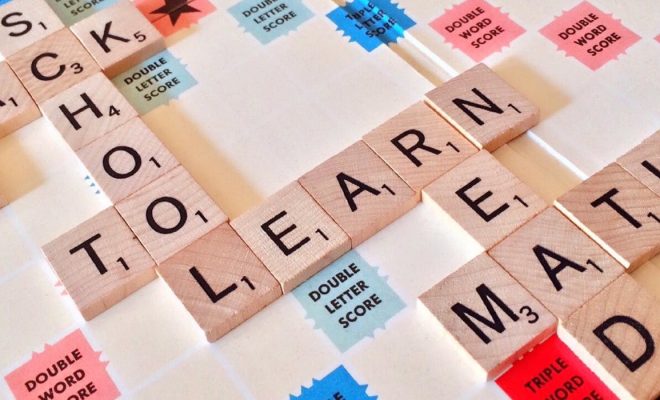Pass or Fail: The Objectives of America’s Public Education System

In this multi-part series, I provide a dissection of the phenomenon of retention and social promotion. Also, I describe the many different methods that would improve student instruction in classrooms and eliminate the need for retention and social promotion if combined effectively.
While reading this series, periodically ask yourself this question: Why are educators, parents and the American public complicit in a practice that does demonstrable harm to children and the competitive future of the country?
We’ve all seen reports about contemporary students graduating high school, or even college without the basic, fundamental skills to flourish on their own. How many students do you know who are well rounded academically, creatively, intellectually and emotionally? Seems like a tall order these days, but it wasn’t always that way.
Individual Focused Education
Let’s take a closer look at some of the original goals and objectives of the American education system. The most notable point about the earliest goals of education seems to be that they were targeted to the individual. Indeed, Benjamin Franklin, one of the most innovative thinkers of his day, recommended an outcome-based approach to education. He saw the need to emphasize literacy and numeracy skills. He saw the need for foundational skills. He maintained that this foundation was fundamental and should be applied to help develop more advanced skills in math and science.
Such knowledge – scientific and mathematical knowledge and understanding – was necessary not only for productivity in the workplace, for individuals to be employable, but because it was in the interest of the individual to understand the world around them. Franklin, like us, lived in an age of tremendous scientific advancements. He was responsible for numerous inventions and discoveries himself. His objectives remain viable today, especially given the advancements we have seen with computers and with connectivity, with communications, and everything that goes along with communications today.
We see some basic applications of this objective in education today, too, in that most children are taught the basics of computers. Creativity was also an important focus for Franklin and the other Founding Fathers. Creativity was important to Franklin because he considered it necessary for the individual to see possibilities in an ever-changing world.
Modern Day Education
Of course, it has been argued that the modern education system in the United States, including such developments as No Child Left Behind, has continued to follow the principles and pursue the goals of the Founding Fathers, Franklin included. With No Child Left Behind, for instance, it could be argued that literacy is very much in focus, along with the basic understanding of math. Similarities between the modern system’s goals and those imagined by the Founding Fathers, however, are minimal. Literacy and even education were targeted to achieve a higher purpose. Franklin envisaged individuals being educated to understand and appreciate the world around them. He desired for children to be educated to interact with their world, their environment, on a higher intellectual plane.
The graded school system itself is the next problem to be overcome. Unfortunately, the resolution of this issue is not as straightforward as a simple curriculum change. The breaking of such a tradition requires an alternative system that will provide swift benefits to the population it serves and target specific outcomes that are most desirable for the education of America’s children.
When you look at early education objectives, in comparison to modern times, it’s as if they’re on opposite ends of the spectrum. For all our advancements and technology, is America’s public education system better off nowadays?






